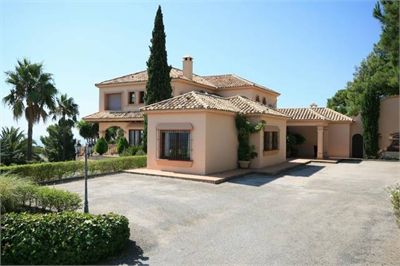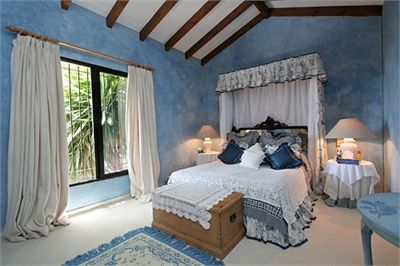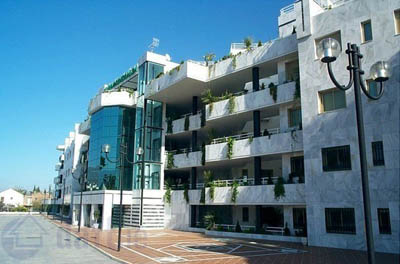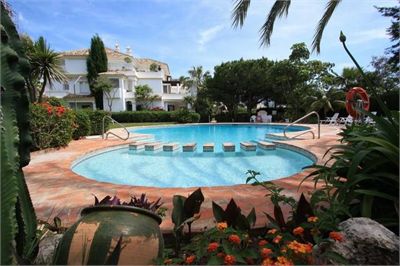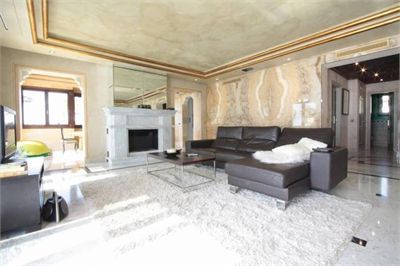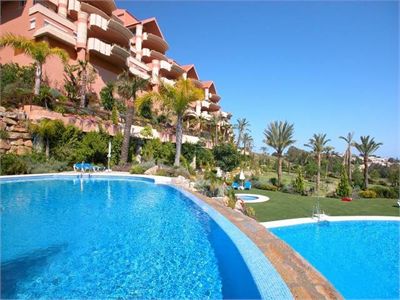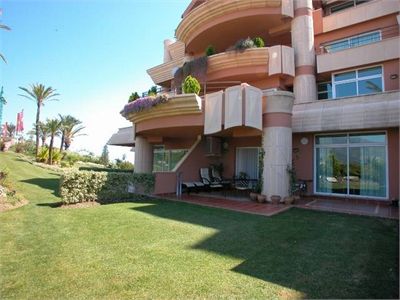Cumbres del Rodeo
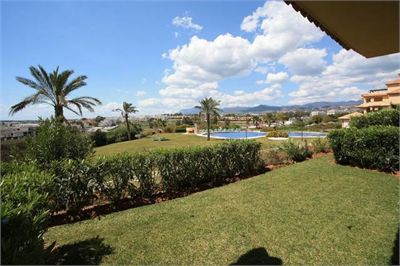
Situated only 1,500 metres from the Costa del Sol resort of Puerto Banus you will find the popular development of Cumbres del Rodeo. This particular development has within its beautifully landscaped grounds a total of 115 luxury apartments and penthouses and duplexes.
Every single one of the 2, 3 and 4 bedroom Cumbres del Rodeo apartments have been finished to a high standard, to ensure that ones stay in them is very luxurious. Also each one has been built on a southwest-facing slope so ensuring that the sun is shining on them throughout the day when it does. Plus although it is 1,000 metres away from the beach being on a slope provides them all with superb views out over the Mediterranean Sea.
The walk to the beach from Cumbres del Rodeo is around 10 minutes away and at the bottom of the street you will see a bridge walkway. This will then take you directly on to Mistral Beach which is the nearest and is right beside the 5 star hotel Guadalpin Puerto Banus. Also a short distance further on there is the other designer beach resorts of Ocean Beach Club and Buddha Beach. However for families the best beach is a 10-minute drive away in San Pedro.
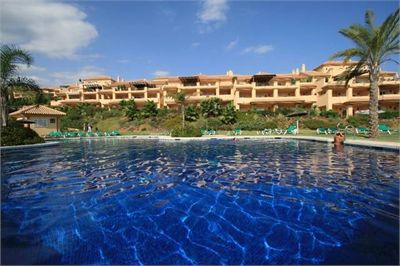
Cumbres del Rodeo Property. The apartments, penthouses and duplexes within Cumbres del Rodeo are located in the district of Marbella known as Nueva Andalucía. This is considered to be at the heart of what is known as “Golf Valley”. So if you are someone who enjoys a spot of golf then this is the perfect place to have a holiday home. Within easy reach of this development there are more than 20 international standard golf courses you may want to play a round, the closest of these being Los Naranjos.
As for the properties that are situated in Cumbres del Rodeo these are fitted with high quality kitchen appliances made by Bosch. Also everyone is fitted with a burglar alarm, electric video entry phone and under floor heating. Plus as you would expect each property in this development has a high quality hot and cold air conditioning system installed.
Tell us your property requirements
We’ll actively search the listings on your behalf to save you time. Once we’ve found a range of properties that suit your budget and requirements, we will arrange to view the properties co ordinating with vendors agents or developers.
It takes just a minute to fill out our form with your basic property requirements and we will ensure you receive details of any brand new listings matching your requirements as soon as they come to market. This is a free service & can be unsubsribed in one easy click.
As and when you are ready to travel and view properties we will be able to arrange viewings for any appropriate properties for you and can assist throughout the research and purchase process, we try to make it Sol Simple!


